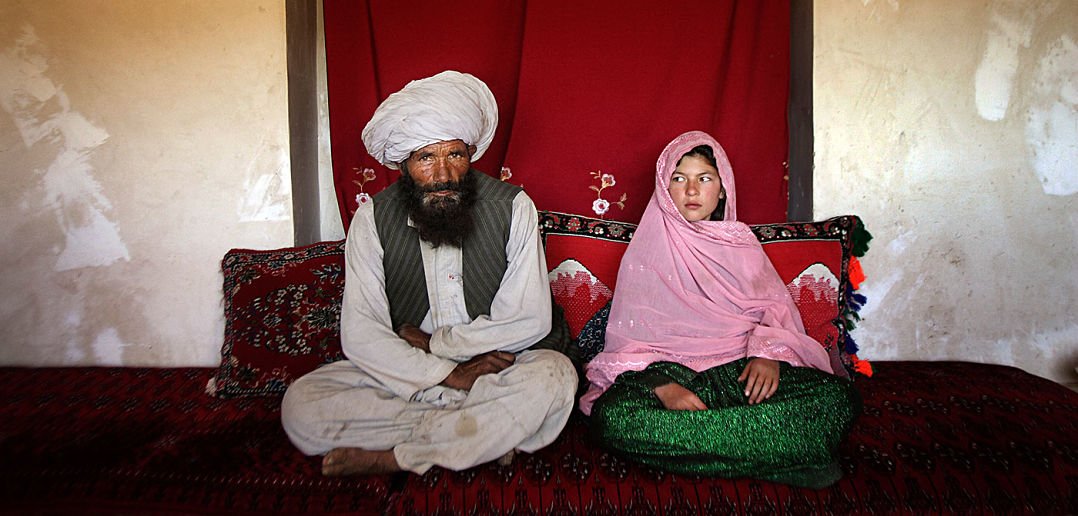
Pakistan remains no country for women. 77 years after independence it is time political parties recognised that there is a need to change juvenile marriage laws as these legitimise child abuse and empower elders to thrust consent on young girls. A recently released United Nations report points out that South Asia “still needs 55 years to eliminate the practice if it does not speed up”.
In early December in Balochistan civil society groups demanded that political outfits include the juvenile marriage restraint issue in their party manifestos and contribute towards passing the Child Marriage Restraint Bill, 2023, that has been long pending. Under Pakistan’s federal law and the laws of three provinces, the minimum legal age for marriage is 16 for girls; only Sindh stipulates 18 years.
For over a decade, successive governments in Khyber Pakhtunkhwa have failed to move past the colonial Child Marriage Restraint Act, 1929 due to resistance from religious circles.
In 2015, Punjab tried to change things by the Child Marriage Restraint (Amendment) Act but instead of repealing the archaic CMRA 1929, it left the marriage age untouched.
As an editorial in Dawn notes “When custom undermines welfare, especially for girls, it should be abandoned. Far too often, the guardians of tradition repudiate empowerment, making it incumbent upon political parties to highlight regressive issues such as child marriage in their poll campaigns.”
Further, “Political parties must craft sensitive narratives around the perils of these practices in the run-up to elections, and pledge enforcement of progressive edicts with robust implementation once in power. Women cannot live by primitive norms, trapped in lost childhoods and a bleak future.”
![]()





